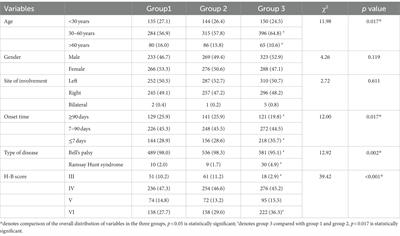EDITORIAL
Accepted on 24 Jan 2025
Editorial: NeuroCOVID. Insights into the clinical manifestations and pathophysiology
doi 10.3389/fneur.2025.1561314
- 132 views
2,919
Total downloads
11k
Total views and downloads
You will be redirected to our submission process.
EDITORIAL
Accepted on 24 Jan 2025
ORIGINAL RESEARCH
Published on 03 Sep 2024
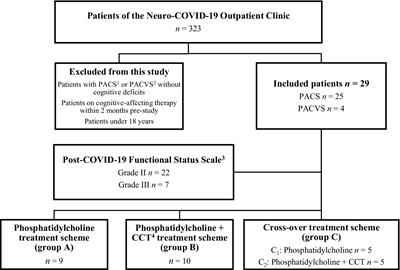
BRIEF RESEARCH REPORT
Published on 11 Jul 2024
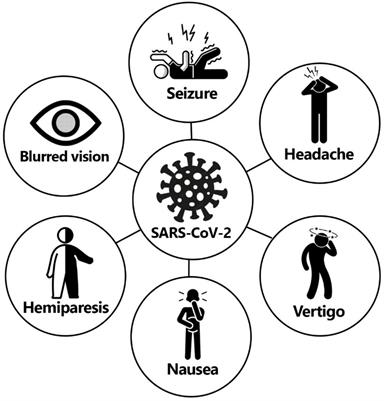
ORIGINAL RESEARCH
Published on 30 May 2024
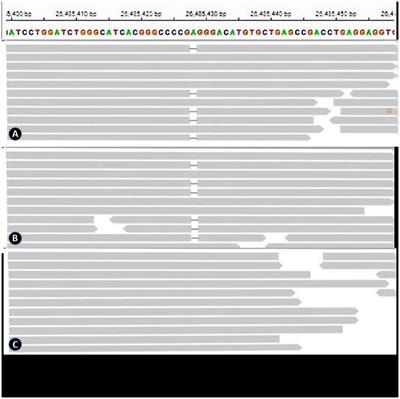
ORIGINAL RESEARCH
Published on 02 May 2024
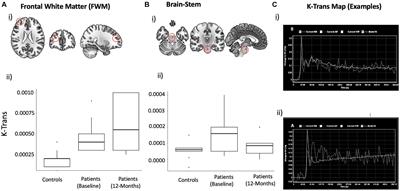
ORIGINAL RESEARCH
Published on 11 Jan 2024
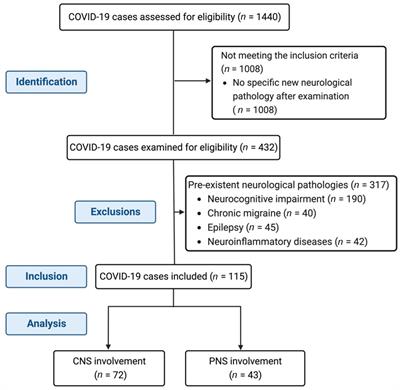
BRIEF RESEARCH REPORT
Published on 22 Dec 2023
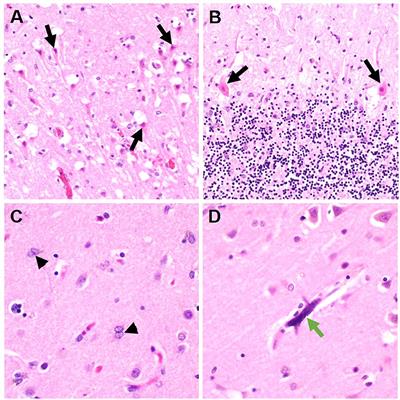
BRIEF RESEARCH REPORT
Published on 24 Nov 2023
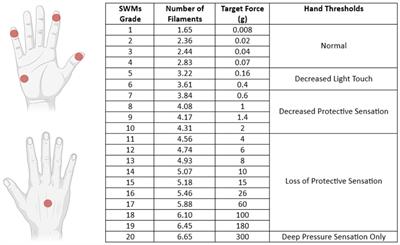
ORIGINAL RESEARCH
Published on 02 Nov 2023
